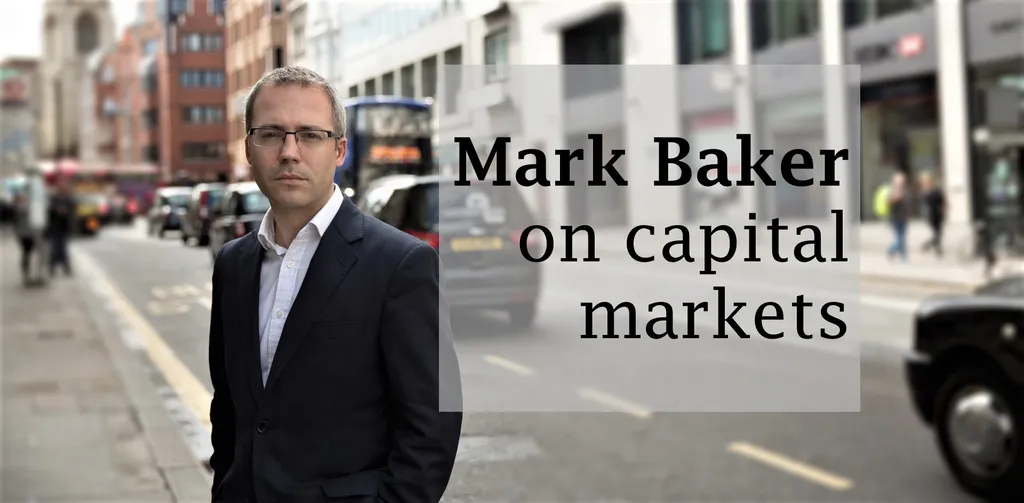Barclays has got itself into another fine mess, this time with its structured notes business. On Monday morning it announced that it was expecting to post an after-tax loss of about £450 million from the repurchase of structured notes that it had issued. It was having to buy the notes back because issuance had exceeded its US shelf registration.
The bank’s August 2019 shelf registration covered a maximum of $20.8 billion of securities. Now it turns out it has exceeded that limit by $15.2 billion.
Monday’s news sheds some light on a mysterious filing on March 14 in which Barclays said it was suspending new issuance in two of its exchange-traded notes, the iPath Series B S&P 500 VIX Short-Term Futures ETN, otherwise known as VXX, and the iPath Pure Beta Crude Oil ETN, otherwise known as OIL.
When Barclays announced the original suspension, trading in both ETNs quickly looked alarming
Barclays said at the time that it was making the move because it did not have “sufficient capacity to support further sales from inventory and any further issuances of the ETNs”. Further, the bank warned that the move “may cause an imbalance of supply and demand in the secondary market for the ETNs”.
And how. The chart shows the premium to net asset value (NAV) of the VXX notes for the period since Barclays announced the suspension:
The mess goes back to our old friend, the difference between primary and secondary liquidity in exchange-traded products. We’ve tackled this before, but in short, issuers of ETNs and ETFs keep the value of their notes or shares in line with the value of whatever underlying index, basket or commodity that they are tracking through the creation or cancellation of units – a process referred to as primary liquidity.
If they stop doing that – as Barclays did on March 14 – then the notes or shares will inevitably become decoupled from their underlying. It can also happen when markets in the underlying seize up, as seen frequently during periods of market stress like the financial crisis of 2008. And where it shows up is in the premium or discount to net asset value of the ETN or ETF in question.
When Barclays announced the original suspension, trading in both ETNs quickly looked alarming, with the VXX regularly being suspended at the start of March 15 as the price leapt more than 40% amid huge volumes, adding a short-squeeze to the chaos.
Impacts
For Barclays, there are two immediate impacts to this monumental blunder. First, the £450 million after-tax loss, which is not exactly a drop in the ocean. It’s equivalent to one third of Barclays’ entire after-tax profit for the fourth quarter of 2021, and just over Barclays UK’s attributable profit for that period. It’s about 60% of the investment bank’s attributable profit for the quarter, too.
Second, the reputational hit, as if the bank needed another one of those. What will hurt particularly is that period of the mistake covers at least part of the tenure as chief risk officer of the bank’s current chief executive, CS “Venkat” Venkatakrishnan, the risk expert who took over from former CEO Jes Staley when Staley quit last year so that he could fight UK regulators’ findings that he failed to properly characterize his relationship with the late Jeffrey Epstein. Venkat was CRO from 2016 until October 2020, when he became the bank’s head of markets and co-president of Barclays Bank plc.
Regulators are already getting involved. Barclays said that it had commissioned its own independent review of how what happened happened, but also said that regulators were “conducting inquiries and making requests for information”. That is never a good look.
The hope had been that with a change at the top, and the elevation of safe-pair-of-hands Venkat, the bank might finally be able to focus investors on the stuff that it was doing well, rather than constantly being distracted by foul-ups.
Now Venkat has his first of those to deal with. He will be hoping it doesn’t start a trend.




